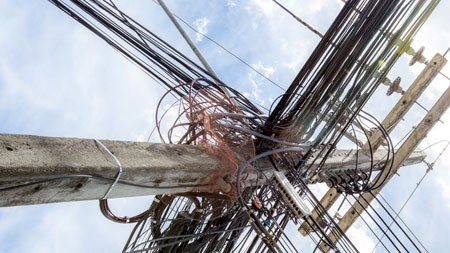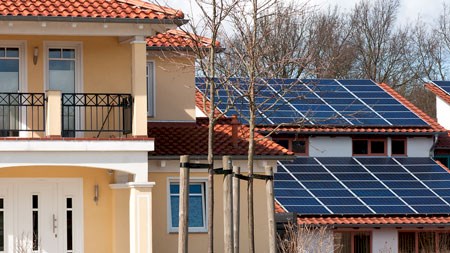At the beginning of April, South Africans were subjected to a massive petrol price hike. The cost of electricity, water and other municipal services are also due to rise within a few short weeks. So what does this mean for the residential property market? FNB’s property strategist John Loos weighed in on the matter.
Says Loos: “In the short term, the increased petrol price and impending electricity hikes are negative in that they will exert downward pressure on real disposable income growth and therefore the household sector’s ability to grow demand for residential property.
“The issue is further complicated by the fact that there are other negative impacts coming through now too, notably in the form of lower commodity prices which will further constrain South Africa’s economic growth; Eskom’s supply disruptions which are holding back the country’s growth and of course the recent PAYE and transfer duty increases - all of which are negative for growth in residential property demand.”
As such, in the near term, Loos expects “more of the same”. I.e. a continuation of last year’s trend which saw a broad slowing in growth in residential demand both in volumes and in house prices. That said, he points out that this does not necessarily indicate “out and out” decline.
“In the long term, rapid cost increases related to housing, i.e. electricity municipal rates and other utility tariffs should speed up the trend to smaller homes on smaller stands with fewer luxuries such as swimming pools and the like. This trend, however, is not new, having started in the late 1970s, so in this sense it is also ‘more of the same’.”
In the long term Loos adds that while the petrol price is still lower than what it has been (and possibly will be for some time to come), future hikes will have significant ramifications for property buying patterns in that it will drive people to search for homes closer to their places of work and increase dependence on public transport corridors.
And what of the spectre of a possible increase in interest rates? Should there be further rate hikes as some economists are warning, many more South African homeowners could end up in a sticky situation - which should perhaps prompt bondholders to consider fixing their loan repayment rates with their respective banks.
Further interest rate hikes would not bode well for those who are already on the brink of defaulting – not only on their home loans but personal and vehicle loans. Default levels are already fairly high in South Africa, despite a drop in 2014 in household debt to disposable income ratios and further hikes may well push many over the edge.
DebtBuster’s marketing manager Keilli Knutsen stated in a recent report that rate increases will affect those consumers with large amounts of debt the most, as the interest on these debts will increase, putting more pressure on salaries and leaving them with little disposable income at the end of the month.
For some, the hikes may already be too much with financial entities reporting a shift once more towards costly unsecured lending and pay day loans. The upshot is that South Africans must once again start tightening their belts and brace themselves for cost increases across the board.





